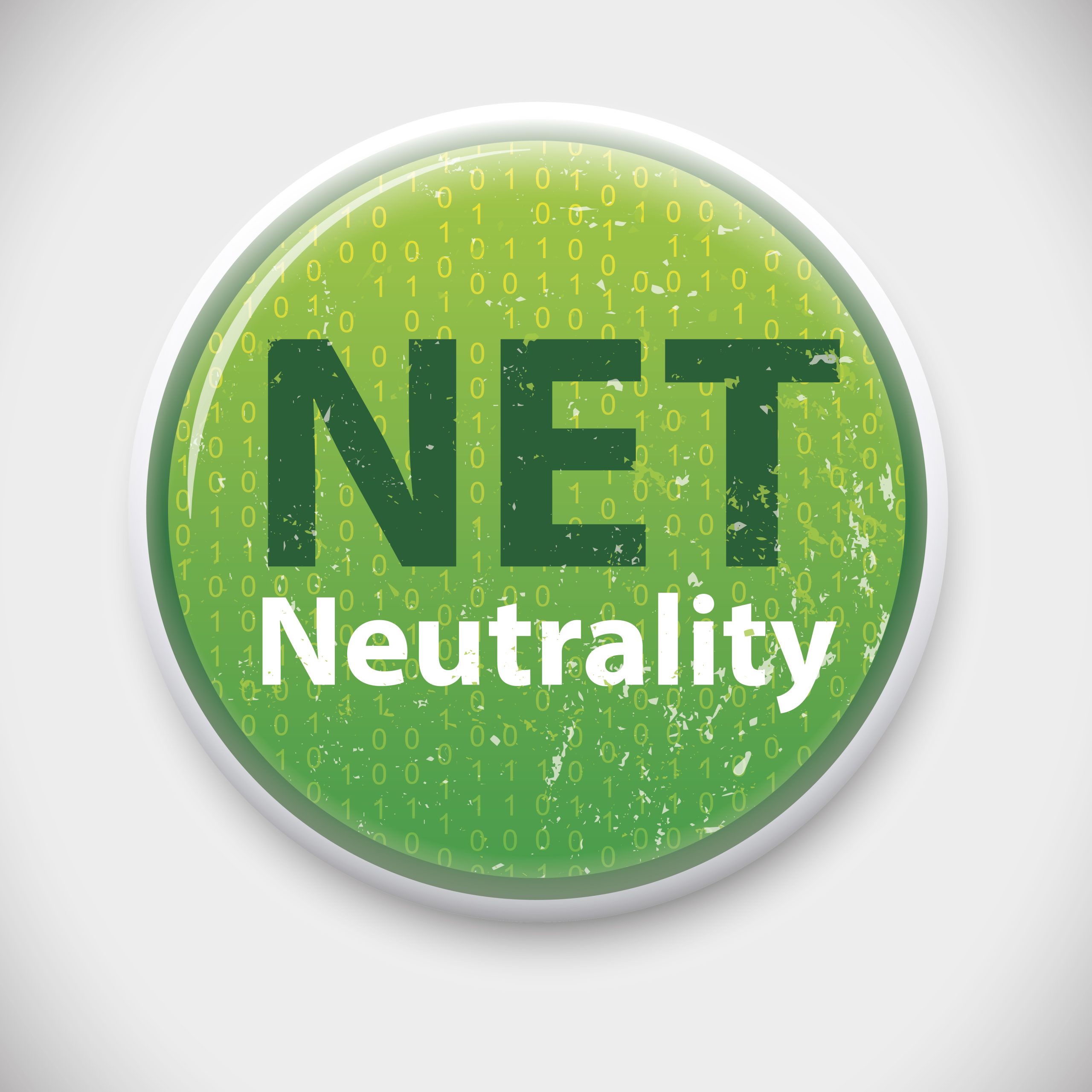The Federal Communications Commission announced today that the rollback of Net Neutrality rules will take place on June 11, representing an end to Obama-administration regulations put in place in 2015. The five-person commission voted to roll back the rules in December by a 3-2 vote.
Title VII, commonly referred to as Net Neutrality, rules were directed at prohibiting favoritism in Internet access. Net-Neutrality advocates have raised concerns of Internet “fast lanes” for some users and slower speeds for others.
In a statement on Thursday, FCC Chairman Ajit Pai, who voted in favor of the rollback, noted that a free and open Internet has been in existence dating back to the Clinton administration and that the system was not broke in 2015 with the FCC applied Title VII of the Communications Act of 1934 to the Internet. Such application will be replaced, according to Pai, with improved transparency requirements to promote consumer choice.
“Now, on June 11, these unnecessary and harmful Internet regulations will be repealed and the bipartisan, light-touch approach that served the online world well for nearly 20 years will be restored,” said Pai.
The Federal Trade Commission will have the authority to address unfair or deceptive practices among service providers, he added.
Commissioner Jessica Rosenworcel, who voted in opposition of the rollback, criticized the agency’s lead-up process, including a perceived failure to account for Russian interference in the public-comment process.
“The FCC is on the wrong side of history, the wrong side of the law, and the wrong side of the American people,” she said. “It deserves to have its handiwork revisited, reexamined, and ultimately reversed.”
The Electronic Frontier Foundation (EFF), headquartered in San Francisco, Calif., has engaged in multiple campaigns around the preservation of Net Neutrality. These include CheckYourReps.org, a space in which constituents can look up what their federal representatives have said about Net Neutrality. Net Neutrality is quite popular, with eight out of 10 Americans in favor of it, according to Katharine Trendacosta, policy analyst. The issue is that sometimes representatives will push proposals that do not include full protections.
“The thing that the [June 11] date underscores is the importance of continuing efforts in states and Congress to overturn the order before it goes into effect,” she said.
Another piece to the puzzle is the fact that many Americans, even with improved transparency requirements, do not have a choice in service provider. Even those with multiple options might not have access to an independent provider committed to Net-Neutrality principles. Community broadband has emerged as another path, according to Trendacosta.
Chattanooga, Tenn., supports a municipally owned network that EFF does not fully support given the concerns associated with a government entity owning a public channel of communication. San Francisco officials’ proposal to build a community-broadband infrastructure and then lease it to multiple providers to promote consumer choice is closer to EFF’s organizational preference.
Timothy Karr, senior director of strategy and communications for Free Press based in Washington, D.C., and Florence, Mass., said that the June 11 date was expected, though there was some confusion as to an earlier date. Organization efforts to build a coalition of support in favor of preserving Net Neutrality have built momentum, he said.
Efforts in the U.S. Senate, led by Sens. Ed Markey (D-Mass.) and Chuck Schumer (D-N.Y.), to reverse the FCC’s decision are expected to reach a vote by the middle of next week. Karr said that the expectation is that the measure will be approved by the Senate, but that the House of Representatives might be a steeper climb.
“It has created a sense of urgency to what we are working on,” Karr said of the FCC announcement.
Following the December rollback vote, former New York Attorney General Eric Schneiderman pledged to lead a multi-state challenge of the repeal, alleging that he was denied FCC assistance in his office’s investigation of fake comments submitted during the process. The suit to block the rollback, which includes 23 attorneys general, was filed in February.
Schneiderman resigned from office earlier this week following allegations of physical and emotional abuse against domestic partners. Acting New York Attorney General Barbara Underwood said in a statement on Thursday that the office will continue to seek to block the rollback.
“This office has proudly led the suit to block this illegal rollback of net neutrality – and we certainly won’t stop now,” Underwood said. “We look forward to making our case in court.”











